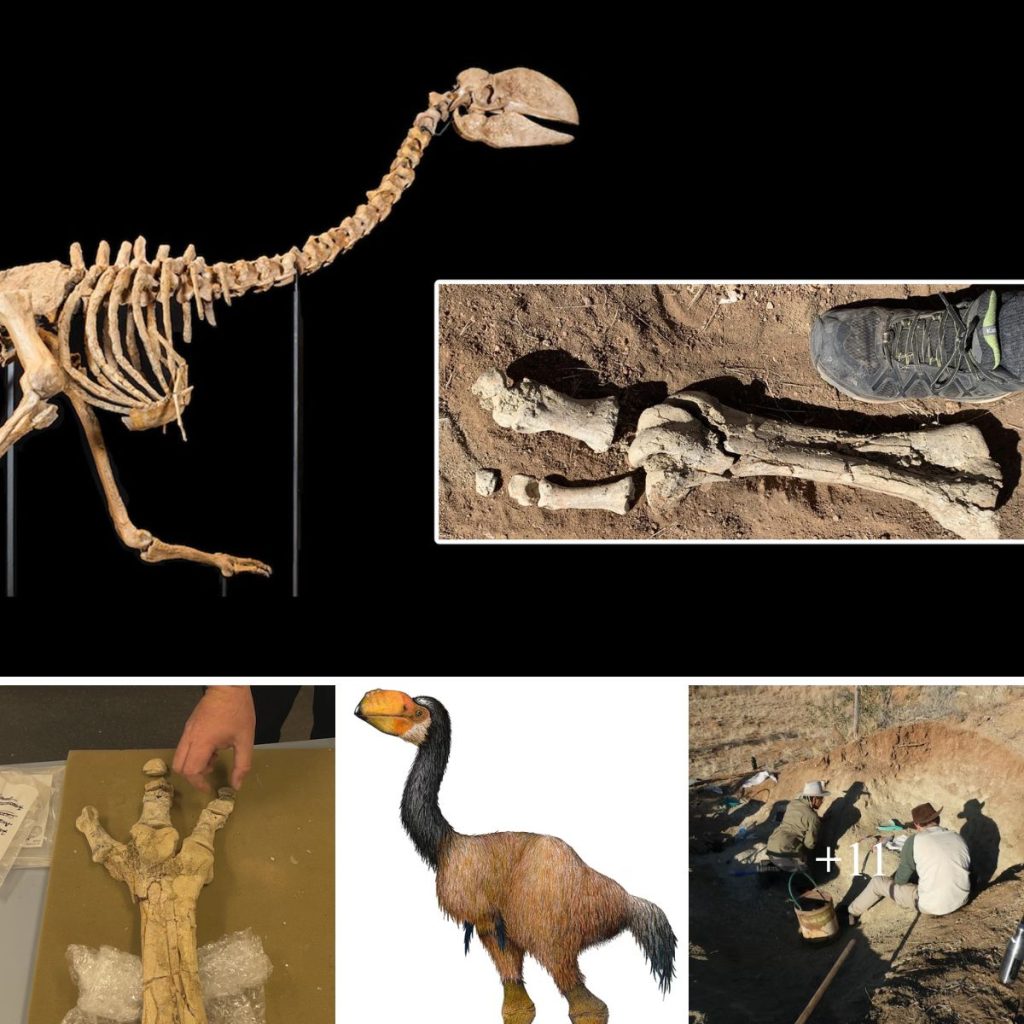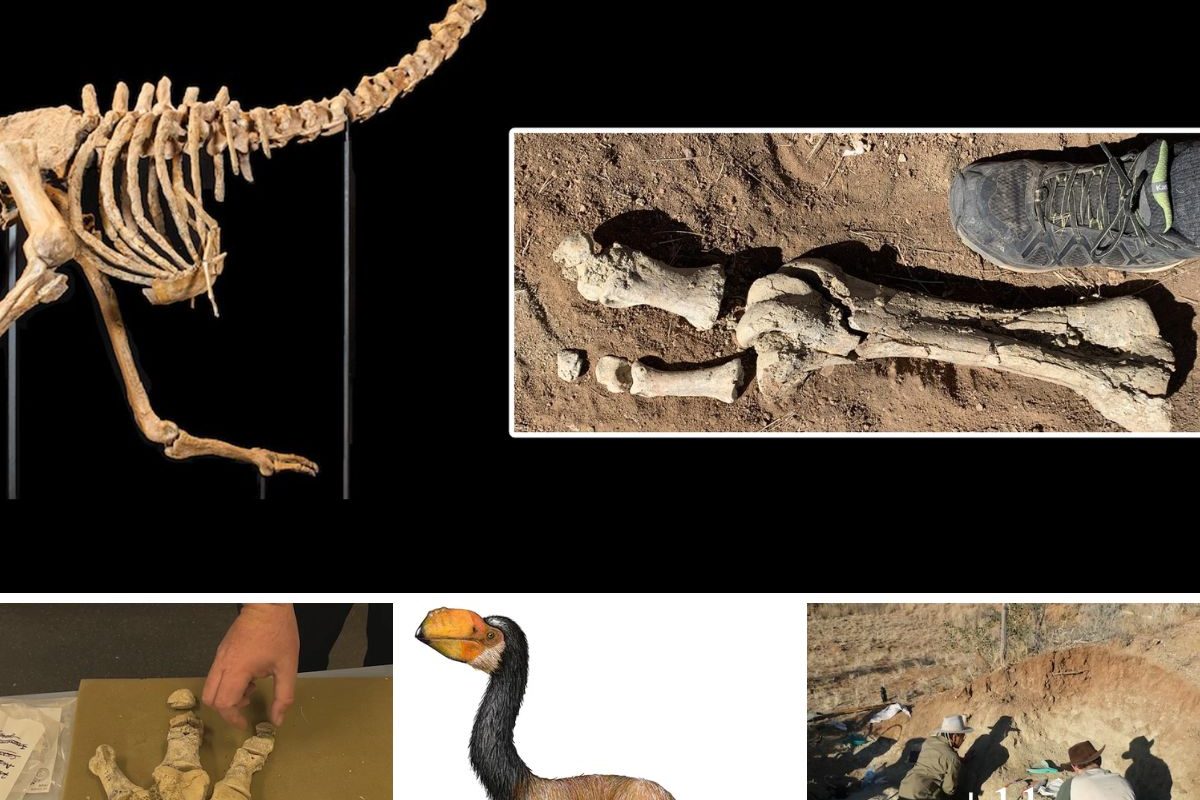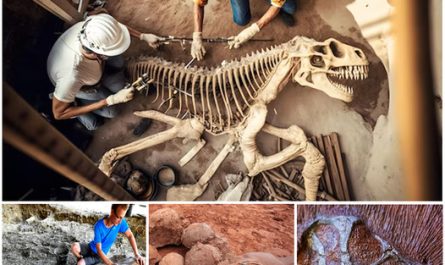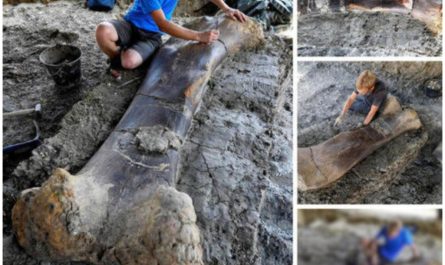At the Alcoota fossil site in Australia, paleontologists have unearthed a remarkable set of articulated legs belonging to a prehistoric flightless bird. The discovery provides a rare glimpse into the ancient avian fauna that once inhabited the region during the late Miocene epoch, approximately 8 to 12 million years ago.

The fossilized legs, exceptionally well-preserved, offer insights into the size, anatomy, and locomotion of these extinct birds. Analysis suggests they belonged to a large species, possibly related to the modern emu or ostrich, known for their inability to fly and adapted for terrestrial life.
The Alcoota fossil site, renowned for its rich deposits of prehistoric fauna, continues to yield significant discoveries that contribute to our understanding of Australia’s ancient biodiversity. This particular find underscores the site’s importance in paleontological research, offering clues about the evolutionary history and ecological adaptations of flightless birds in the continent’s distant past.
As scientists continue to study the fossilized legs and other remains from Alcoota, they hope to reconstruct the environment and ecosystem in which these birds thrived, shedding light on Australia’s ancient landscapes and the diversity of life that once flourished there.



